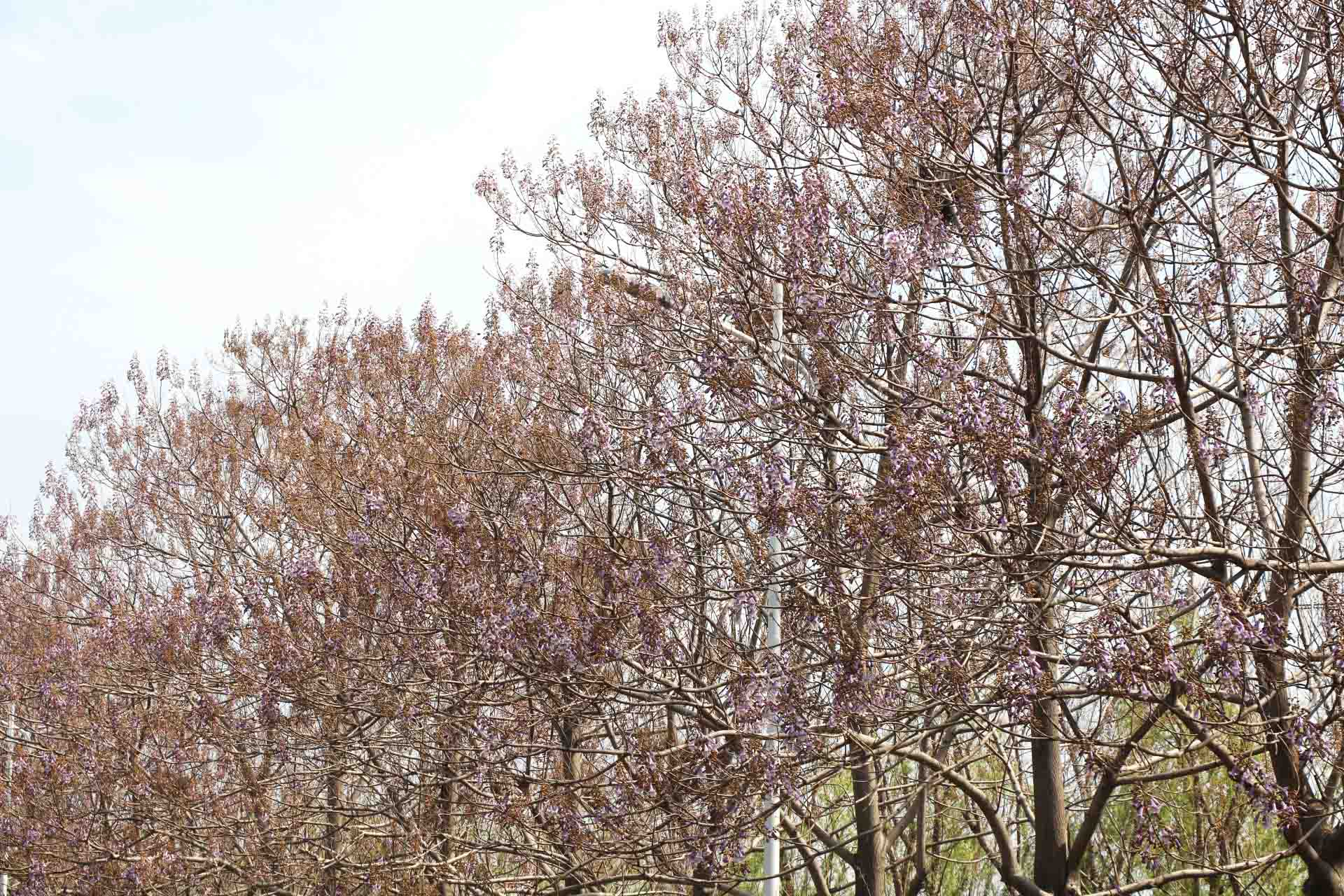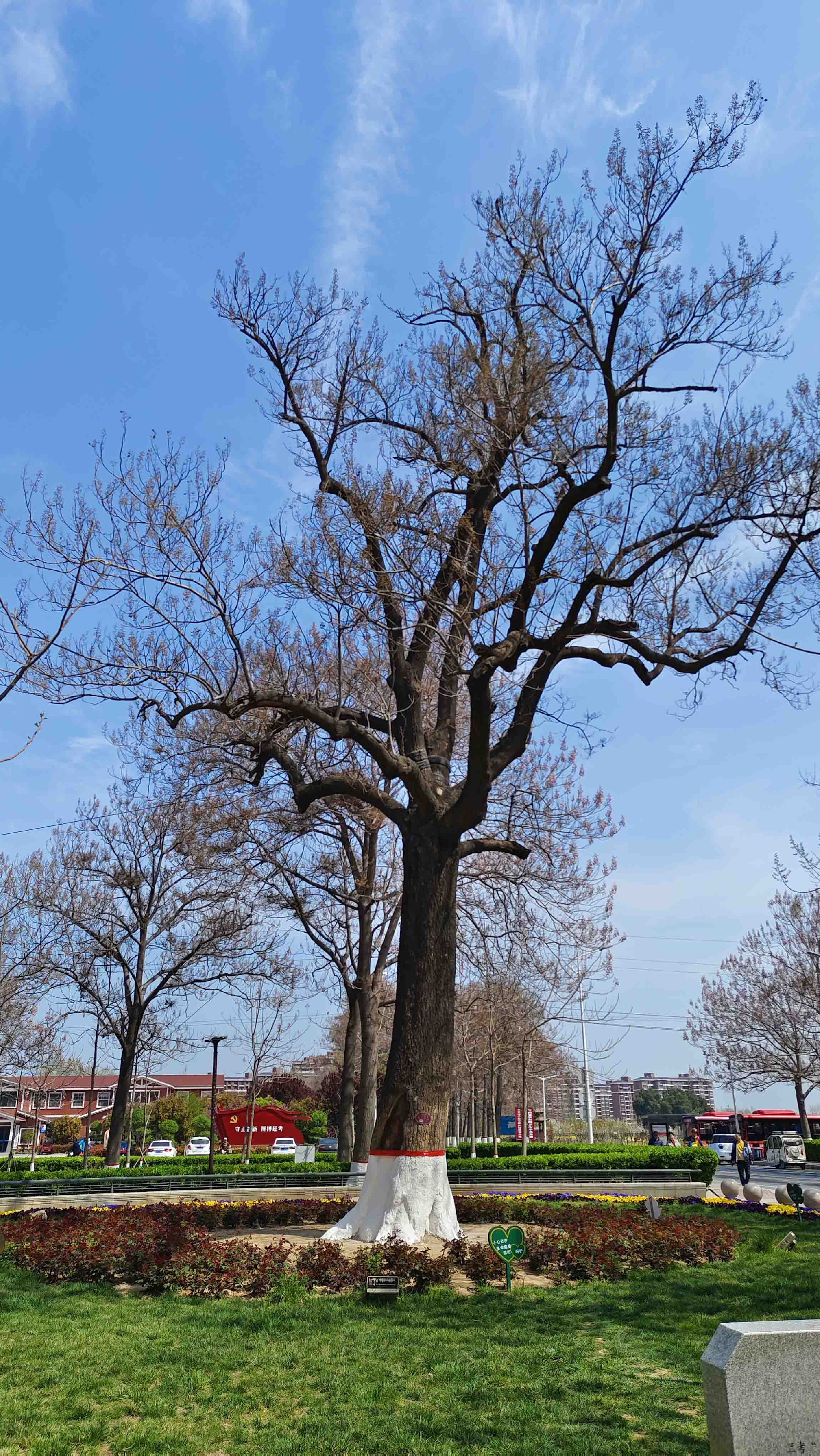Paulownia wood, also known as Paulownia, Chinese parasol tree, is a kind of plant, mainly distributed in North, central and East China, including Heze area in Shandong Province also has a relatively wide distribution
Paulownia has a fast growth rate and excellent wood properties, so it is widely used in wood production, furniture manufacturing, paper industry and so on. In addition, paulownia is also used in landscaping and landscape tree cultivation, and its beautiful purple flowers can attract many people's attention in spring.
Long history: Paulownia has a long history in China and has been known as early as ancient times. It is said that Paulownia was first introduced into China by a Dutchman named Paulownia, so it is also called "Paulownia tree" in Western countries.
Cultural significance: Paulownia has a certain symbolic significance in Chinese culture, and is often used as a metaphor for the will of a gentleman, and is respected by people because of its tenacious vitality and rapid growth rate.
Economic role: In recent years, with the emphasis on environmental protection and renewable resources, paulownia planting has received renewed attention. In Heze, Shandong Province and other places, paulownia planting has become an important cash crop, providing local farmers with rich economic income.
Wood utilization: Paulownia wood is light and hard, with fine texture, good processing performance and decoration, so it is widely used in furniture, architecture, ships, Musical Instruments and other fields. Especially in the furniture manufacturing industry, paulownia wood has been favored by many consumers because of its light weight, hardness and corrosion resistance.
Ecological functions: Paulownia wood has good ecological functions, which can prevent wind and fix sand, preserve water and soil, purify air and improve the environment. In Heze region, paulownia planting can not only improve the ecological environment of the land, but also promote the local economic development.







Jiao Yulu spirit
One person, one tree, one spirit, one industry
The spiritual tree of party members
The people's happiness tree
The wealth tree of the industry
Trees that live in the hearts of the people
Walking Lankao, there is a sentence often in the ear - "See paulowtree, think of Jiao Yulu!"
In the winter of 1962, the organization arranged Jiao Yulu to be the county governor of Lankao. After a period of visit and research, Jiao Yulu led everyone to find a way to treat the "three hazards" - "needle sticking medicine", "needle sticking medicine" is a paulownia, "sticking medicine" is to turn the silt to cover the dune.
At that time, it was very difficult, it was labor in sealing the sand dunes, planting paulownia, women and children in the field to beg for food, and then eat the rice back, Jiao Yulu is in this environment, eating the rice that the people ask for, and leading the Lankao cadres and masses to create today's oasis on the saline land.
Villagers use paulownia wood made of guqin, guzheng and other ethnic instruments, selling all over the world, Lankao "Paulownia economy" industrial chain, the annual output value of more than 10 billion yuan, driving 40,000 people employed. After more than 60 years of great changes, Xuchang Village, once a national-level poverty-stricken village, has become a veritable "Chinese national musical instrument village".

